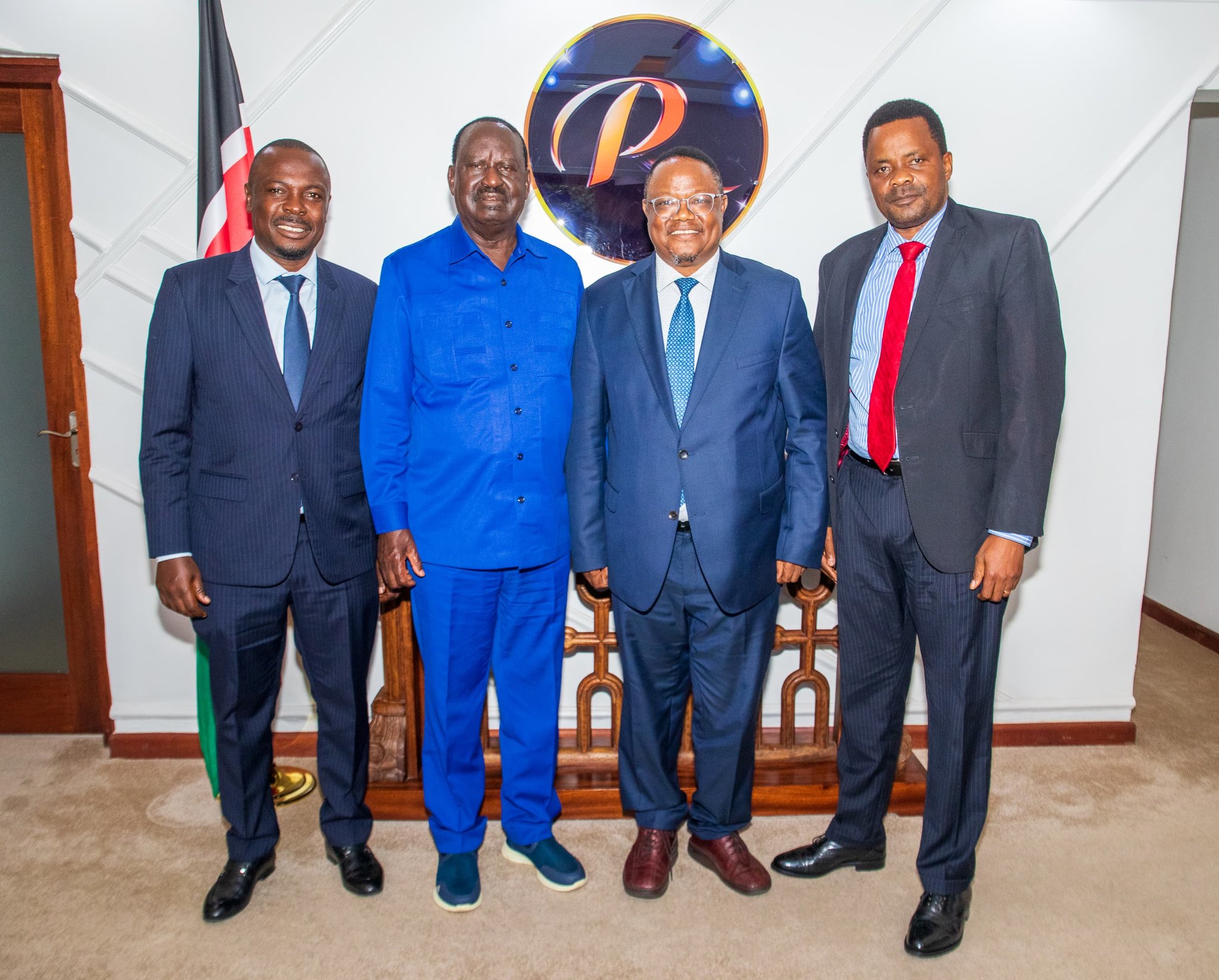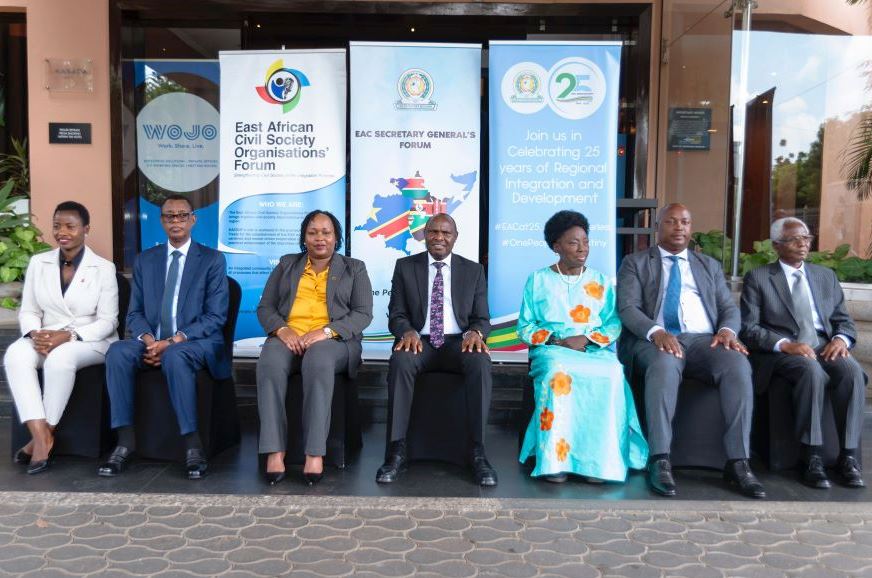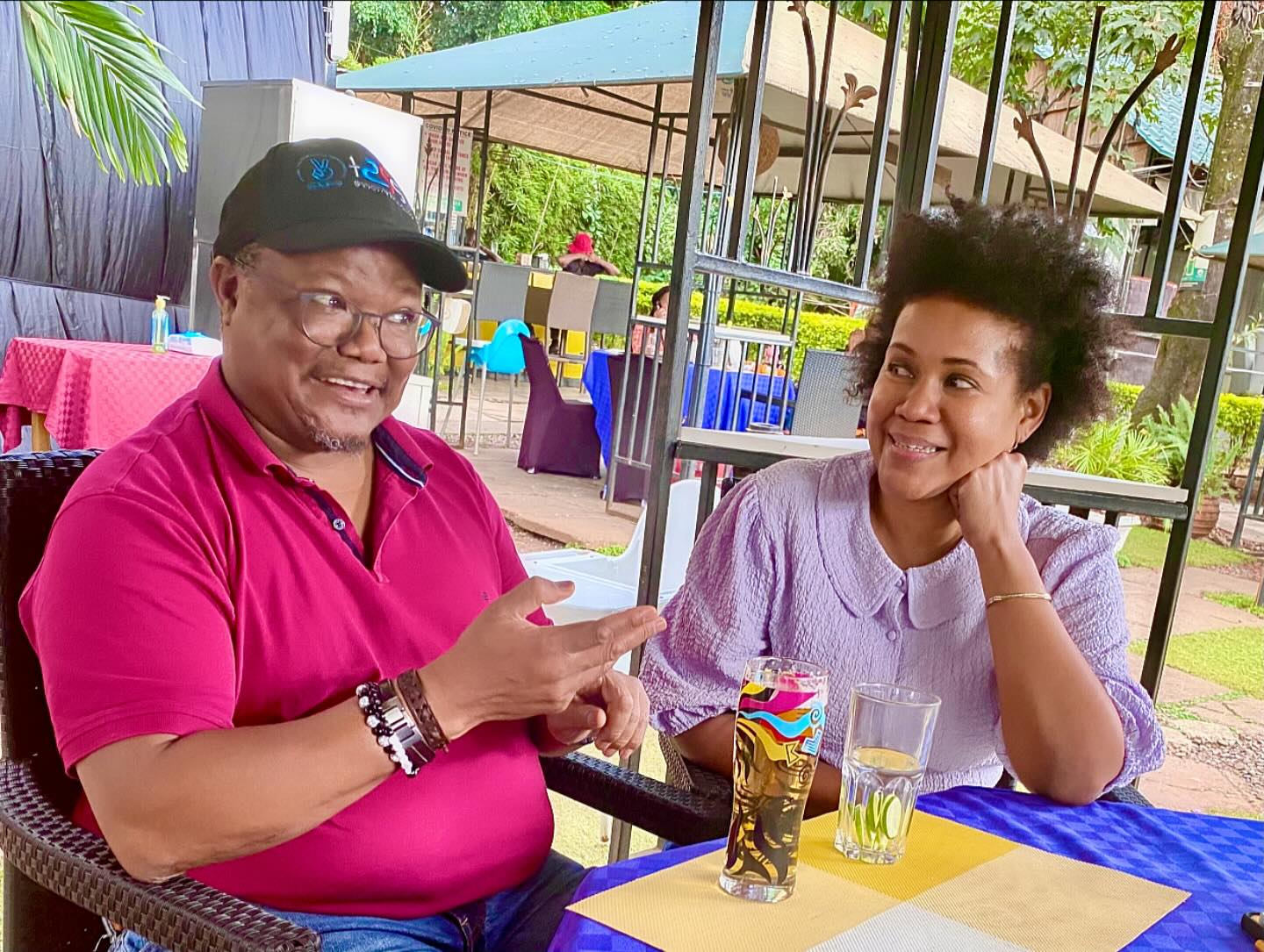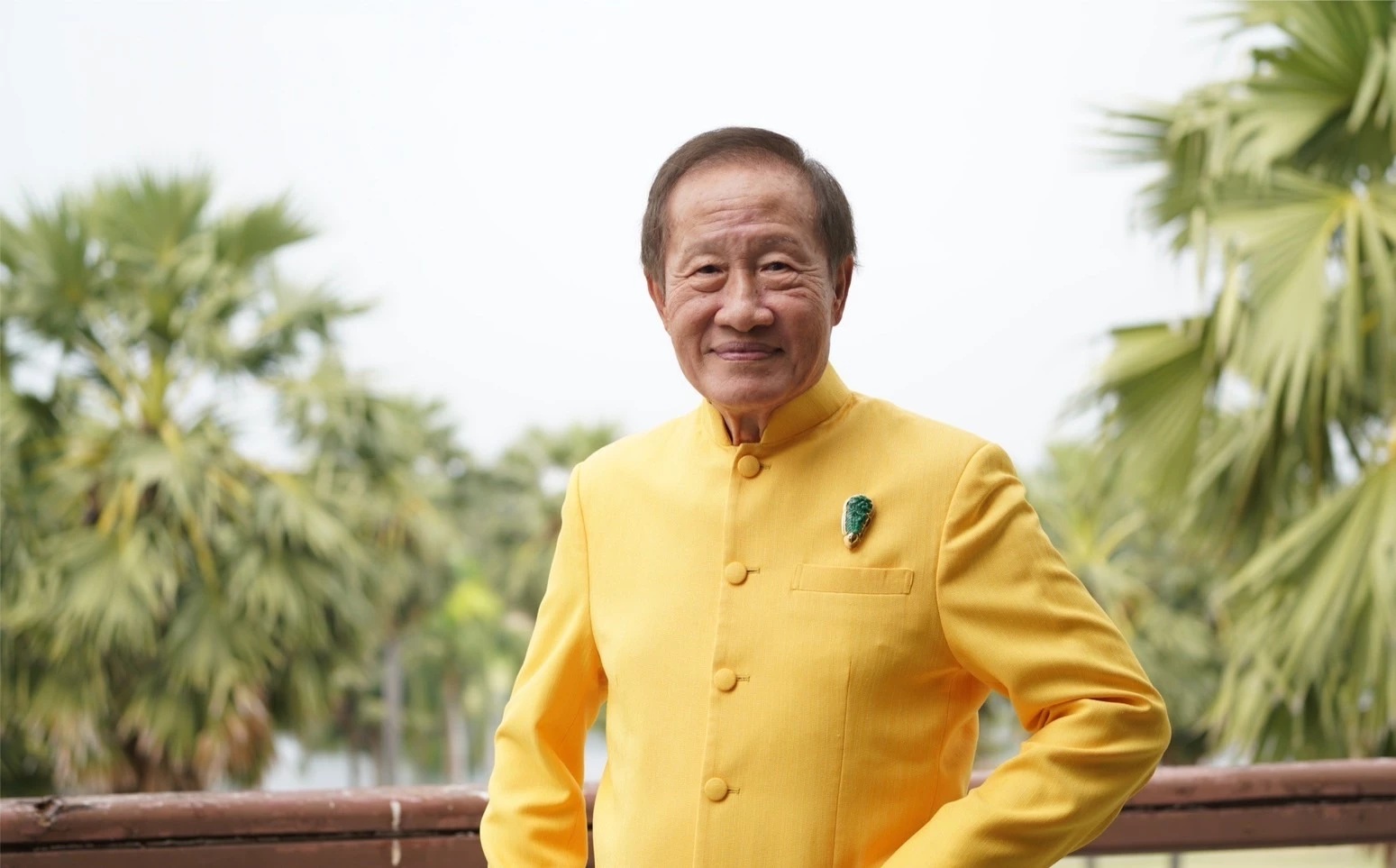With Tanzania’s presidential elections fast approaching, President Samia Suluhu Hassan has solidified her position as the official candidate of her party, Chama Cha Mapinduzi (CCM). In a strategic counter-move, opposition parties are reportedly rallying to unite behind a single presidential contender to challenge the incumbent.
However, an event in Nairobi last Saturday has ignited widespread speculation in both capitals. Raila Odinga hosted Tanzanian opposition leaders, including Tundu Lissu and his colleagues, at his Capitol Hill offices, prompting questions about the broader political ramifications of their meeting.
During the African Union (AU) Commission Chairmanship campaign, President Suluhu had publicly backed Raila’s candidacy. Yet, in a surprising twist less than a month before the AU elections, she welcomed Raila’s primary rival at the time, Mahamoud Ali Youssouf, to Dar es Salaam. This occurred as part of Youssouf’s campaign for the AU position; however, Raila’s camp interpreted it as a betrayal. The critical question now is whether Raila’s decision to meet with Suluhu’s challengers in the Tanzanian election was a calculated act of retaliation—or if a different motive is at play.
Speculation abounds that Suluhu ultimately cast her vote for Youssouf, a fellow Muslim from Djibouti, over Raila, who is not Muslim. Some political analysts suggest that Raila’s engagement with the Tanzanian opposition was a deliberate message to Suluhu—indicating that she may have abandoned him in the AU elections, but he could still wield influence in her political sphere.
Shortly after the meeting, Raila posted on his official social media accounts, sharing images that quickly gained traction online. On X, he urged the Tanzanian opposition, led by Tundu Lissu, to pursue dialogue with the current administration for the benefit of Tanzanian citizens. He also expressed his hope for a peaceful and transparent electoral process in the country.
As campaigns heat up, many analysts anticipate a formidable challenge for Suluhu, who ascended to the presidency following the death of John Magufuli. Tanzania’s fifth president, Magufuli took office in 2015 and secured re-election in 2020 amid a controversial electoral process.
Suluhu’s political journey has been far from smooth. Although Tanzania’s constitution mandates that the vice president assumes the presidency upon the president’s death, factions within the ruling party sought to obstruct her rise. She assumed power with limited support from both her party and the broader political establishment.
With Tanzania’s elections looming and regional tensions simmering, could Raila’s recent manoeuvres reshape East Africa’s political landscape?





